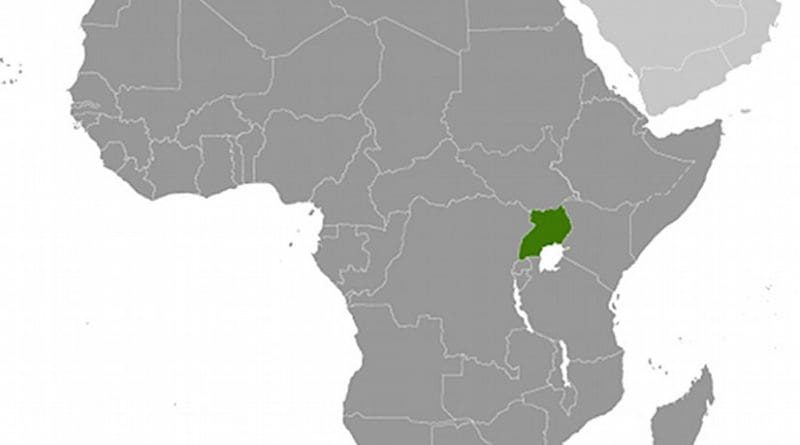Uganda Faces World’s Fastest Growing Refugee Crisis, EU Sends Aid
Uganda is now facing the world’s fastest growing refugee crisis, due to a continuous and unprecedented influx of people fleeing conflict in neighbouring South Sudan among others. The country is now hosting over 1.27 million refugees and asylum seekers.
“To help Uganda deal with this unprecedented situation and support the most vulnerable refugees, the European Commission has today announced €85 million in humanitarian aid and longer term development assistance. Many refugees have fled conflict in South Sudan, seeking sanctuary from violence, hatred and hunger. Uganda’s example of helping vulnerable people cope with displacement is an example for the whole region and the world. However, no country can deal with such a high number of refugees on its own. The EU funding announced today will help our humanitarian partners working in Uganda bring some relief to those who have lost everything,” said Commissioner for Humanitarian Aid and Crisis Management Christos Stylianides.
The announcement comes as Commissioner Stylianides is attending the Uganda Solidarity Summit on refugees taking place in Kampala on 22 and 23 June, on behalf of the European Commission.
Some €65 million of the funding are aimed to respond to the most pressing humanitarian needs in the areas of food assistance, protection, shelter, provision of water and sanitation, resilience-building and education.
The remaining €20 million in development aid will be channelled through the EU Trust Fund for Africa. This funding aims to increase both the self-reliance of refugees and the socio-economic development of their hosting communities in Northern Uganda, further integrating refugees into the local economy in the medium to long-term.
Uganda is now the top refugee hosting country in Africa. The number of refugees from South Sudan alone is currently over 950,000. The country is also home to over 220 000 Congolese and over 37 000 Burundian refugees, as well as thousands from other countries in the region, such as Somalia.
The continuous influx of refugees over the last years has created significant humanitarian needs. The existing and newly created settlements have been severely congested and stretched beyond their normal capacity in trying to accommodate the new arrivals.
Women and children make up the majority of the newly arrived refugees, also presenting major protection challenges.
Since the South Sudanese crisis started in December 2013, the EU has been providing humanitarian assistance to the most vulnerable South Sudanese refugees in Uganda, as well as in other neighbouring countries. Earlier this year, €32 million were also allocated to Ethiopia, Kenya and Sudan to help them continue addressing the needs of South Sudanese seeking shelter in their territories.

